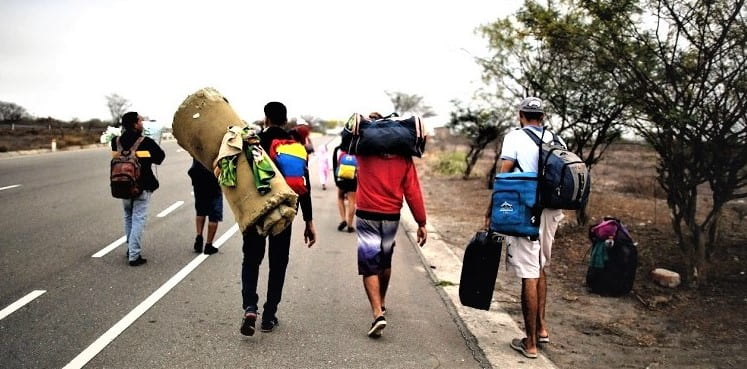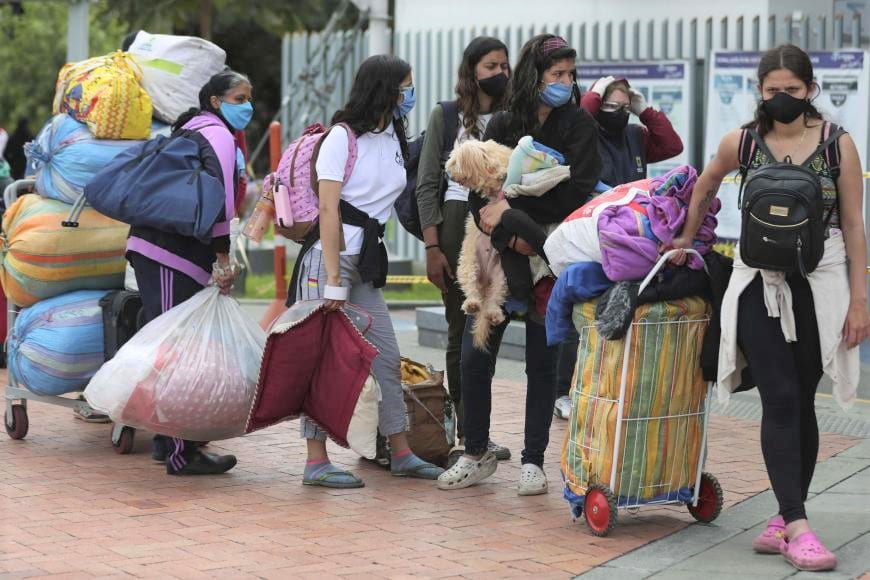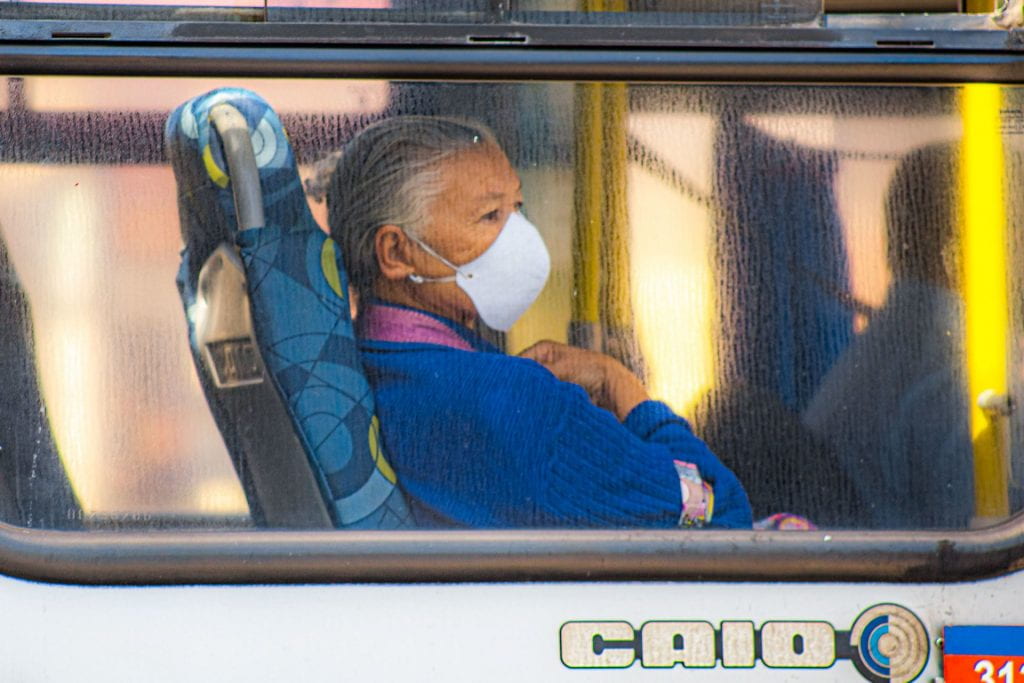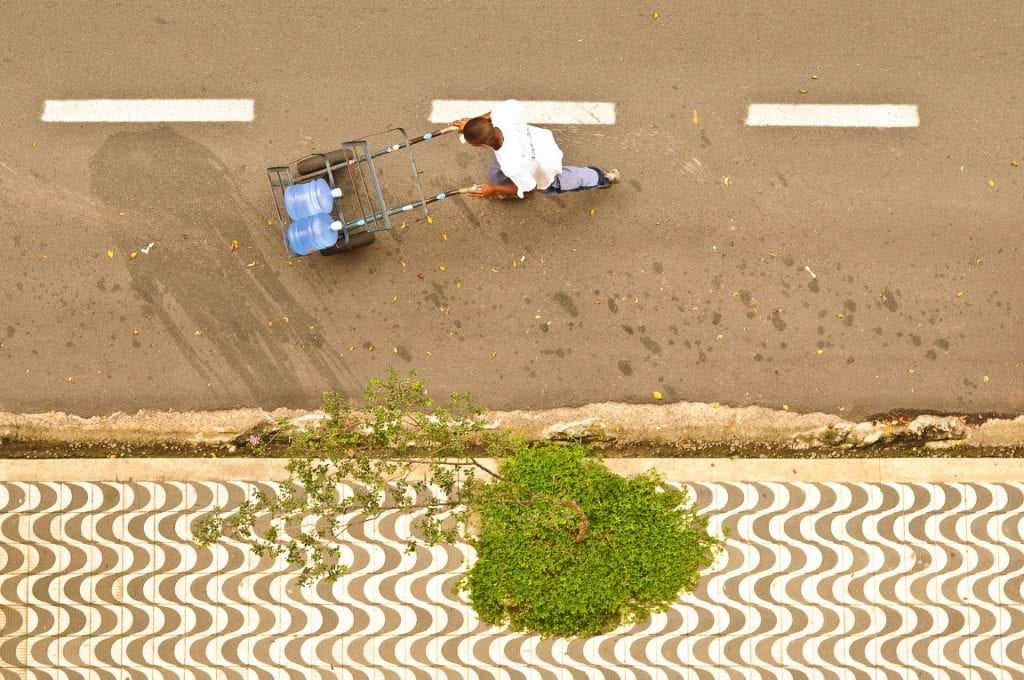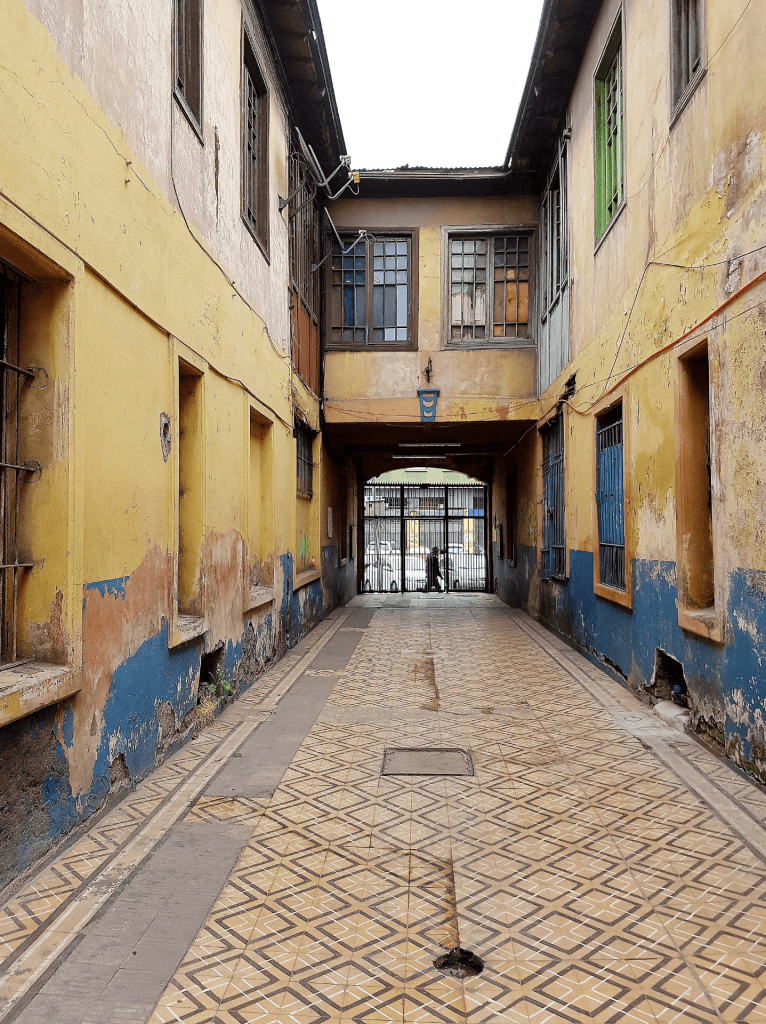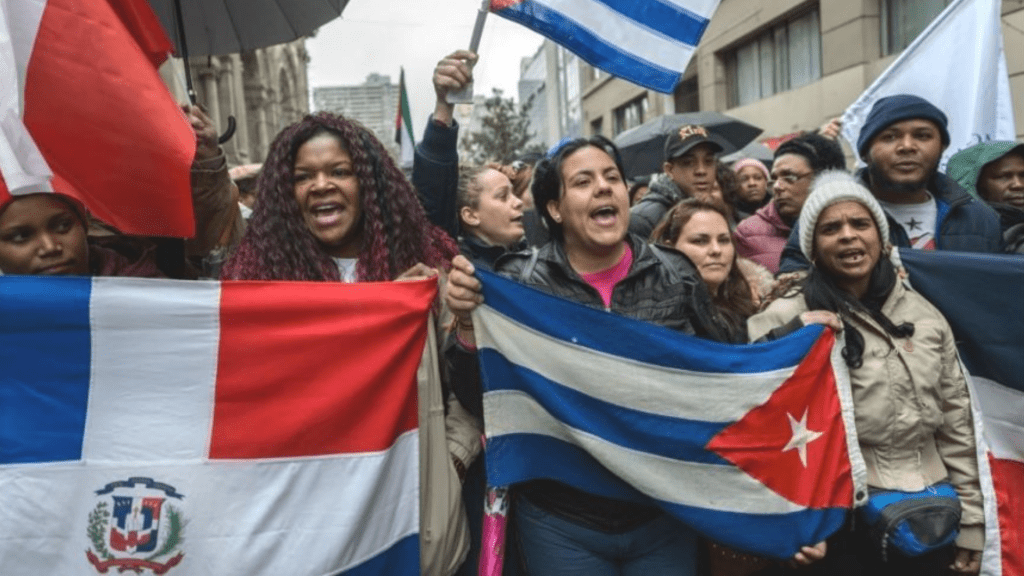By Victoria Finn and Sebastián Umpierrez de Reguero.
An attempt to change a migration law reigning from a military dictatorship 40 years ago must be a step in the right direction, right? Not necessarily. In 2018, the newly elected Chilean government proposed a migration law, implemented a regularisation process, and introduced visas for Haitians and Venezuelans. In a recently published open access article in Latin American Policy, we evaluate Chile’s migration decisions, aligning with a worrying restrictive migration governance wave in South America. The changes, and the proposed migration law, unevenly discriminate against certain nationalities and socioeconomic standings, as well as neglect to offer long-term solutions to irregular migration (see Diego Acosta’s presentation, mins 4 to 26), thus failing to truly protect migrants’ rights.
The language and phrasing in the decrees are inclusive for migrants. Being the second right-leaning government in Chile since the return to democracy in 1989–1990, such inclusive language meshes well with consensus on migrant human rights, for example at South America’s annual regional conference on migration and in the Global Compact for Migration. However, under scrutiny, the policies aim to reduce Haitian and Venezuelan inflows to Chile, and thus we consider the decrees as restrictive migration measures. Such disguised restrictiveness is what Domenech (2013) has noted: South American countries as early as the 2000s began conforming to the global regime of migration control and targeting irregular migration, developing what he calls policies of control ‘with a human face’. The policies use inclusive language but nonetheless aim for exclusive policy outcomes.
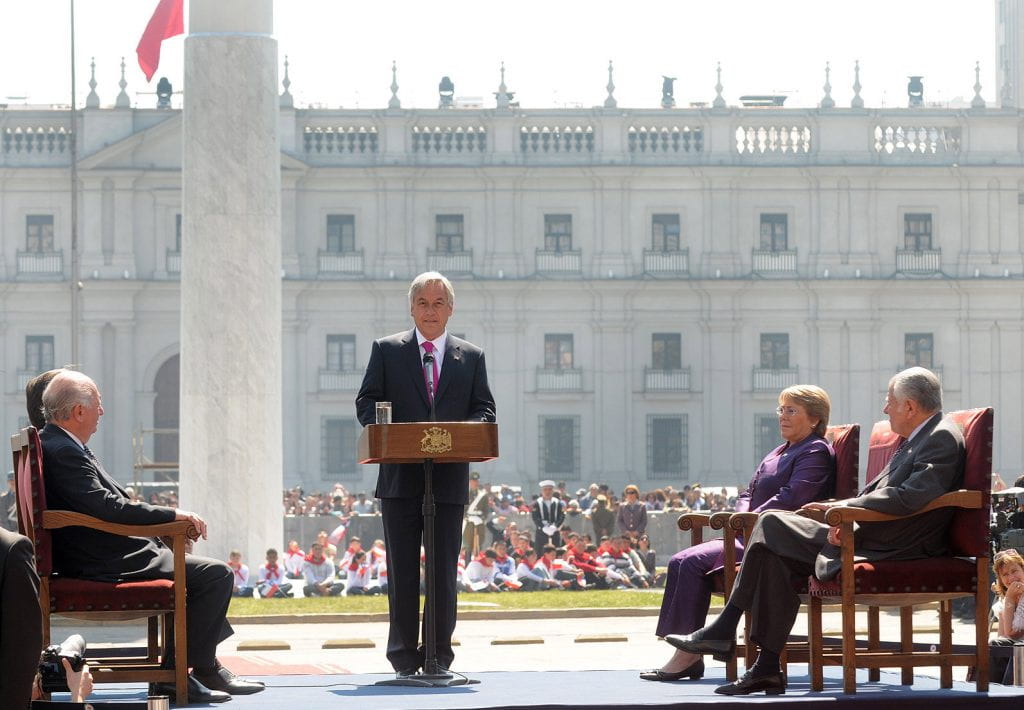
Executive power and restrictive migration governance in South America
A South American shift to more restrictive migration governance began in 2016, with Argentina’s shift in political discourse on migration during Mauricio Macri’s administration. Leaders in Argentina, Brazil and Chile, for example, started to blame immigrants for a variety of social problems, forming a link between migration and security to justify restrictive migration governance.
In Chile in 2018, the administration of Sebastián Piñera proposed a new Migration Law and implemented two migration-related executive decrees, along with a regularisation process. The decrees took immediate effect in April 2018. Regularisation was planned for July 2018 to July 2019, during which 155,000 applied, of which 85,000 individuals received their visa. The extraordinary regularisation then ended on 22nd October 2019. From an estimated 300,000 to 500,000 persons in an irregular situation, a total of 155,483 applicants enrolled, to which the government authorised 131,399 temporary visas, although the final number of visas received was excluded in the announcement.
The legislative project is still ongoing, as of June 2020. In theory, combining decree authority with a legislative initiative, the government created a win-win scenario by maintaining (or increasing) voter support, while opening an avenue for cooperation between executive and legislative branches. But using decree authority for managing migration is worrisome since executive-led migration measures lie on the legal borderline, with little or no parliamentary intervention.
Targeting Haitians and Venezuelans
Foreign-born residents in Chile comprised less than 1% of the total population in the 1990s, less than 3% in 2015 and between about 5.5 and 6.5% in 2018. Chile’s 2017 Census showed Colombia and Venezuela as new top origin countries, alongside the emerging group of Haitians, who represented about 14% of foreigners. Chile has reacted to upticks in diverse migratory flows by targeting only Haitians and Venezuelans. Such a strategy mirrors a past policy mistake: Chile had issued a similar visa in 2012, targeting those from the Dominican Republic, which failed. Instead of reducing immigration, the visa deregulated migration, generating human trafficking, irregular entry and formal labour market exclusion (also see Thayer 2019, reference below).
For the first nationality, Haitians, Chile introduced a tourist visa, complicating visiting family in Chile. It must be obtained pre-departure and requires bank statements, a legalised criminal background check, and a hotel reservation or notarised invitation letter. For those wanting to move to live with their family in Chile, 10,000 Humanitarian Visas for Family Reunification will be available; comparatively, the 2017 Census showed that more than 100,000 Haitians arrived in Chile between 2017 and 2018 alone. Lasting 12 months (renewable once), the visa seems unfit for reuniting those separated from spouses or children, being ‘humanitarian’ only in name. These visa offers, combined with a Humanitarian Plan of Orderly Return aimed at Haitians, seem to encourage Haitian residents to return to Haiti rather than bring their family to Chile.
For the second nationality, Venezuelans, the region has reacted with a variety of policies to the most extensive human displacement in South American history, numbering over 5 million Venezuelans as of June 2020. As we argue, Chile has added barriers to entry to reduce Venezuelan immigration, disguised with tactful language, calling it the Visa of Democratic Responsibility – implying it is democratic to accept migration leaving an undemocratic regime. Along with USD 30, the visa requires a passport and recent criminal background check issued from Venezuela, both difficult to obtain, given the current crisis. Such inclusive language leaves an open question: is it democratically responsible to create a visa process, where one had previously been absent, for individuals within the region who are fleeing a failing state?
Conclusion
The incumbent government in Chile decided not to sign the Global Compact for Safe, Orderly and Regular Migration, yet uses the globally accepted phrase of ‘safe, orderly and regular migration’ to circumvent criticism on restrictive policy. While the implemented measures portray inclusive ideas rooted in human rights, they aim to achieve the same results as openly restrictive migration policies.
Chile’s migration measures fit within a regional shift to more restrictiveness since 2016, weakening regional integration and stepping away from advances for mobility, such as the Mercosur Resident Agreement. Choosing only select nationalities damages regional discourse focused on human rights and contrasts the liberal democratic principle of equal treatment for all. The decrees contradict prior recognition that restrictive migration policies produce ineffective results, including increasing undocumented immigration.
Safe, orderly and regular migration does not belong with restrictive policy, a focus of ‘cleaning up the house’, nor with additional entry requirements that can increase irregular migration. Chile can still seize the opportunity to update its migration law and policies with a focus on inclusiveness: establishing permanent routes to more easily gain and maintain a legal status would improve access to other services and reduce precarity in the labour market, allowing immigrants to do more safely what most emigrate to do: improve their own livelihoods for themselves and their families, while contributing to the destination country’s economy.
Reference cited without link:
Thayer, L.E. (2019). ‘Causas y consecuencias de la migración irregular en Chile’. In N. Rojas Pedemonte and J.T. Vicuña Undurraga (eds.), Migración en Chile: Evidencia y Mitos de una Nueva Realidad. (Santiago, Chile: Servicio Jesuita a Migrantes.)


